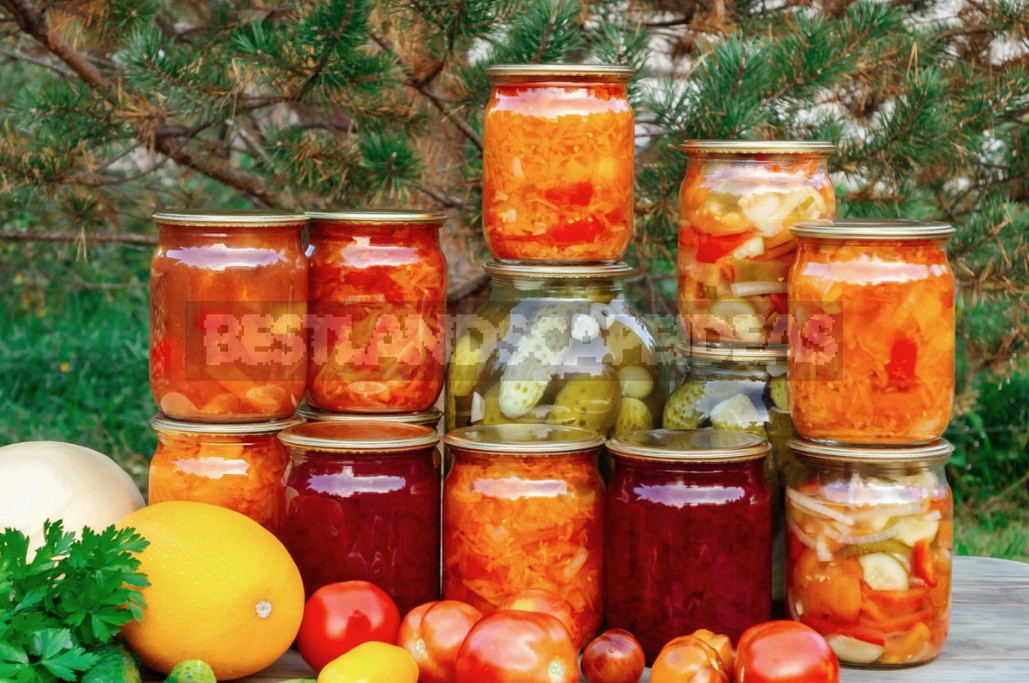
Autumn is the time for winter preparations. I don’t know about you, but I can’t live a day without twisting something. The soul rejoices, looking at the shelves filled with cans of salads, compotes and jams. And how annoying it is when you check the blanks and see the swollen lids! All the work is wasted… Involuntarily there are questions: why is this happening, and most importantly — how to avoid it?
I’ve been making winter preparations for more than thirty years. I admit that at first there were failures, but over time I found the weak points of canning, and I have no swollen cans for a long time. It’s time to share your secrets, which are actually so simple that some Housewives simply do not take them into account.
1. Cleanliness is the key to success
The main enemy of successful preparations is dirt. She can disguise herself well, but I’ll tell you where to find her and how to destroy her.
Clean water
Often in small localities there are old water pipes and treatment facilities, so what flows from the tap can not be called drinking water. It is not suitable for canning. Ideal water — from wells, springs, wells. You can use bottled water or purified with a household filter.
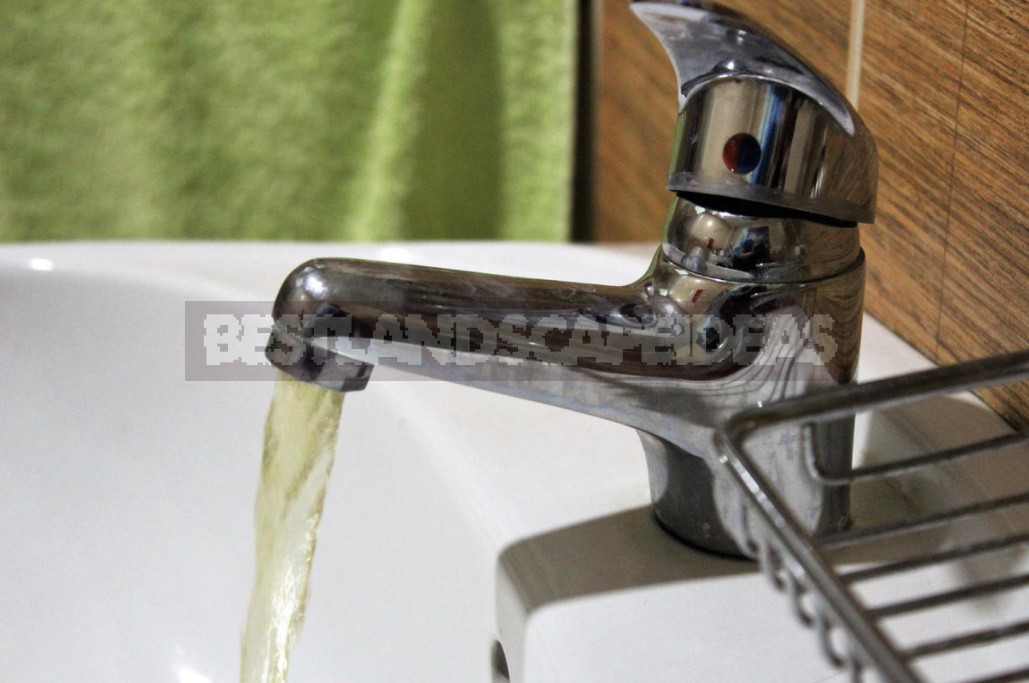
Preparation of dishes
Not only cans and lids, but also pots, colanders, spoons, cutting boards — everything you use in the canning process should be perfectly clean. Wash the accessories thoroughly in hot water, first with detergent, then with baking soda. Rinse thoroughly with cool water.
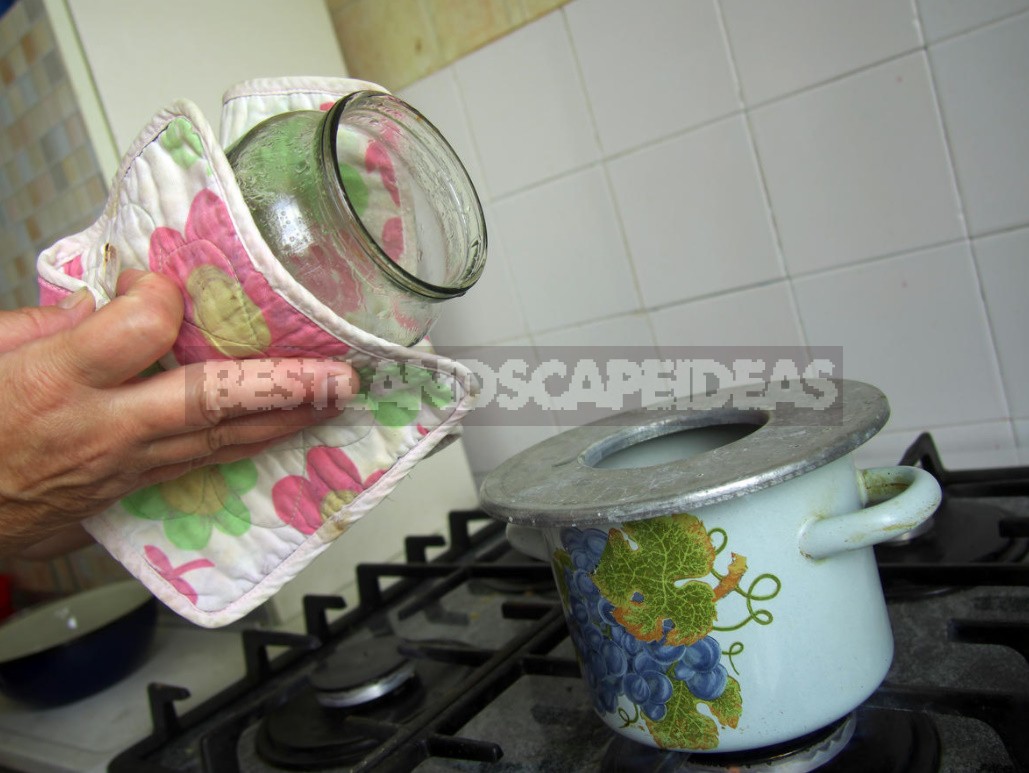
Banks and metal lids must be sterilized. Many Housewives neglect this stage, but in vain: it will not take much time, and the probability of damage to the workpiece will decrease significantly! I sterilize three-liter cans with steam: I put them on a kettle with boiling water and wait for the cans to “cry”. After 20-25 minutes, I remove it. Smaller containers — 500-700 ml, 1 liter, it is more convenient for me to boil. I put a clean napkin on the bottom of a large pot, put the cans (I also send metal lids there), and pour water. I stand in steep boiling water for 10 minutes, this is enough. Recently a colleague of mine shared her secret — she sterilizes the jars, and just have a good wash in hot water with some detergent for dishes. If this method is interesting to someone, try it and be sure to share the result.
Vegetables, fruits and spices — in the shower!
No matter how clean the berries, fruits or vegetables look, wash them! Otherwise, the invisible dust will do its dirty work — it will negate all your efforts. I shower everything that goes into the preparation: tender raspberries and garden strawberries, pubescent apricots and peaches, umbrellas of dill and sprigs of parsley.
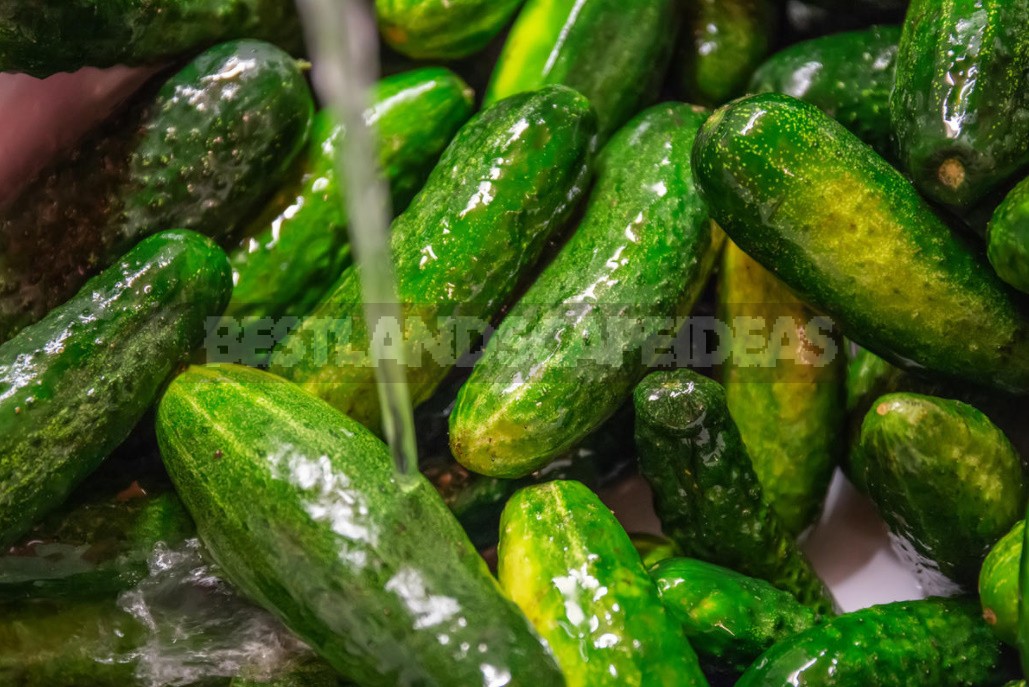
Carefully wash the cucumbers if you grow them vrastil. Many people limit themselves to soaking, mistakenly believing that all the dirt will fall behind during this time. An extremely dangerous misconception. Sometimes the ground holds so tightly that you have to RUB the cucumber with a sponge to wash it clean. Do not take the trouble to rinse the individual spices from the factory packaging — there will be no harm.
Remove excess
Bruised places, wormholes, suspicious spots, stalks — everything that you do not plan to eat later, remove without regret.
2. Preservatives
Another stumbling block to success is the lack of preservative.
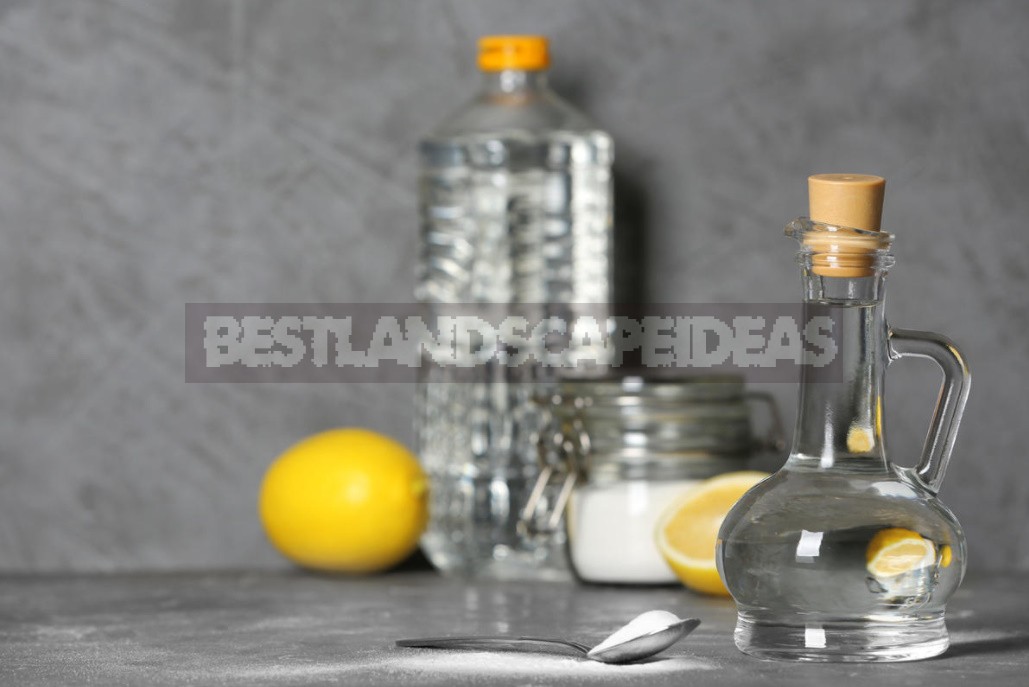
Vinegar
It is important to add exactly as in the recipe, no more and no less. Lack of vinegar will lead to turbidity of the contents of the cans. And adding vinegar more than the norm will make the billet very acidic. For example, I add 1.5 teaspoons of 70% acetic acid to a three-liter jar of pickled cucumbers, and 1 teaspoon to a two — liter jar. The safety of canned food may also depend on the quality of vinegar, so try to take products from a trusted manufacturer. If the finished vinegar was good, take the same one. Often in recipes specify vinegar in grams, not milliliters, how to be here? I use a simple technique — I measure with spoons:
- 1 tablespoon — 15 g
- 1 teaspoon — 5 g
Salt and sugar
When harvesting, you can slightly exceed the norm specified in the recipe, but in no case reduce it: a lack of sugar or salt can lead to fermentation. For example, I add 600 g of sugar to a three-liter jar of compote. If the finished drink seems too sweet, you can always dilute it with cold boiled water.
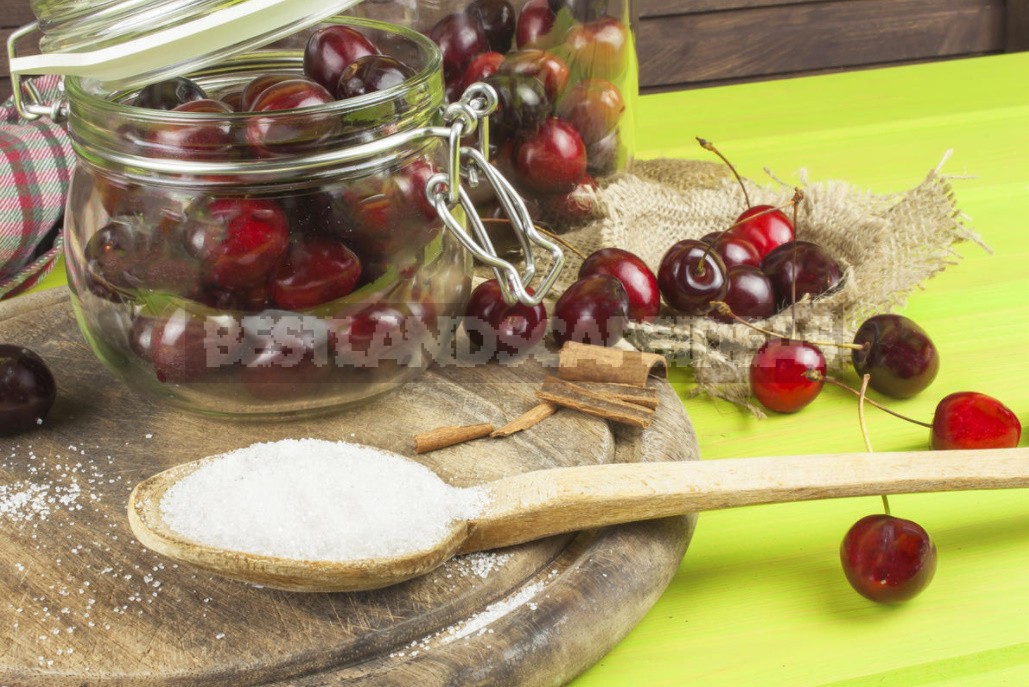
3. Covers
If you use a screw, it is better to roll up new ones. This is exactly the case when you should not save money. Why? See: one cover is used for two to three years. Externally, it looks quite decent, but it may already have microcracks that are invisible to the eye, and hidden pockets of corrosion. Rust is known to destroy metal, so the integrity of the workpiece will be compromised.
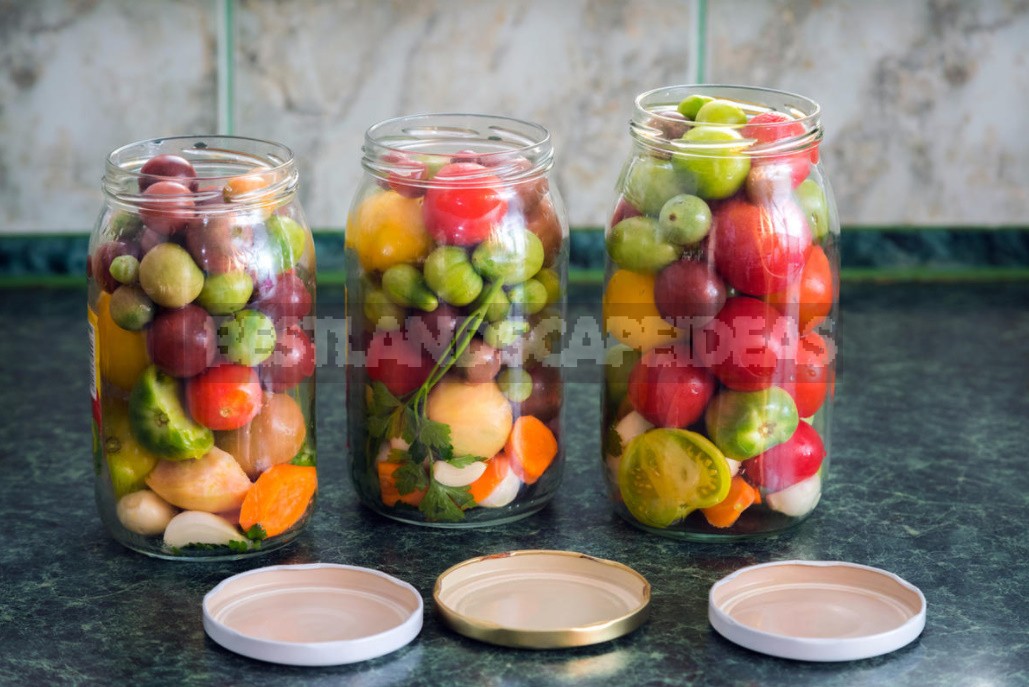
The lids that are twisted with a key also need a special approach, otherwise they may inadvertently fail. For example, loosely rolled up, air got inside — wait for the “salute”. Tighten the lid until the lower part of it becomes smooth, without a wave. Just do not overdo it, so that the Bank does not burst.
4. Heat treatment
If it was insufficient, the blanks will deteriorate. So, you need to boil the jam 2-3 times for 5-10 minutes and pour it into the jar hot. Compote will be enough once for 10 minutes, and the jam needs to be warmed up thoroughly, let it gurgle on a small fire for at least three quarters of an hour. It is enough to pour boiling water over the pickled cucumbers and tomatoes twice. Salads with the addition of vinegar after laying out in cans also do not need to be sterilized.
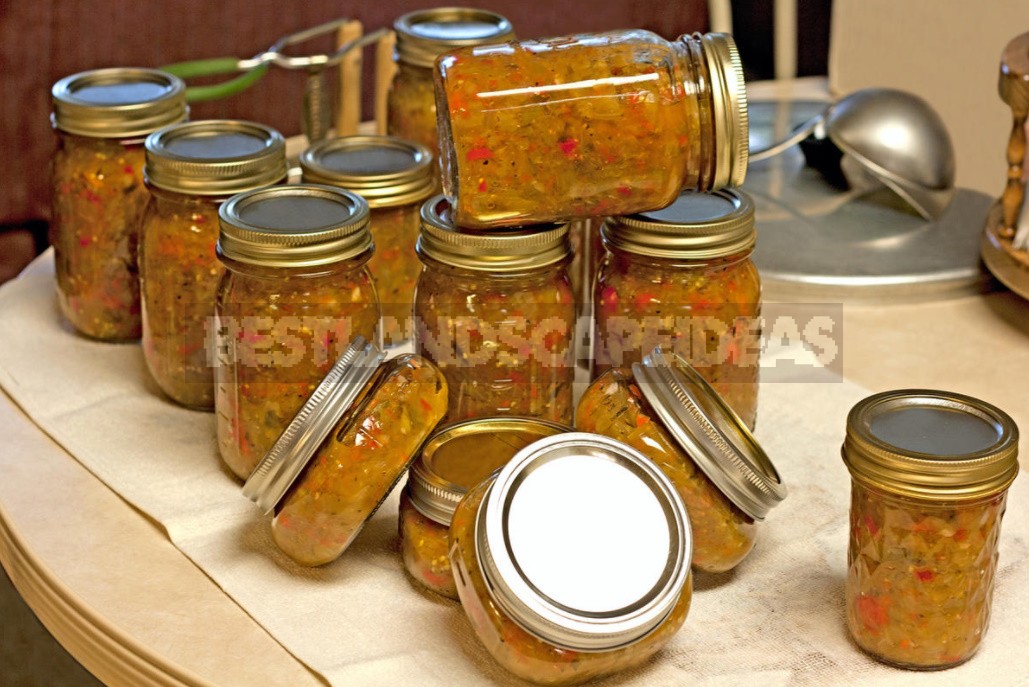
But as for salads with low acidity (without vinegar), especially those with a lot of carrots, I will definitely sterilize them after the layout. As well as vegetable caviar: once I tried to close zucchini caviar without vinegar and sterilization. Several cans stood out. Since then, I always add vinegar or sterilize, and everything is fine. Do not be lazy to spend a little time, it is not difficult at all. Now I’ll tell you how I do it: I put a clean cloth napkin in the pan, folded in half, put the jars and pour hot water on the shoulders, about 2 cm from the neck. After boiling, reduce the temperature and keep the jars with a capacity of 0.5 l for 15 minutes, 0.7 l — 20 minutes, liter — half an hour..
Notes in the margins
- If you add a few tomatoes to a jar of cucumbers, the jars will not explode.
- For compote for the winter, cook berries and fruits in a saucepan with syrup, and do not fill them with boiling water in a jar. In my opinion, this compote turns out to be much tastier and more fragrant, and there has never been a case that it has become cloudy and spoiled.
Follow these simple rules — and salads, compotes, pickled vegetables will be perfectly stored until the new harvest, and if necessary, even longer!
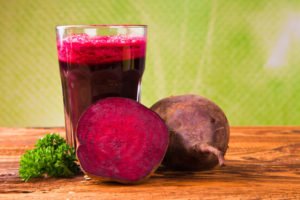
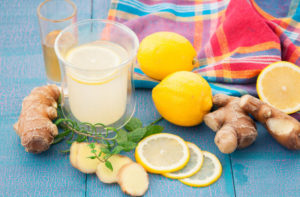
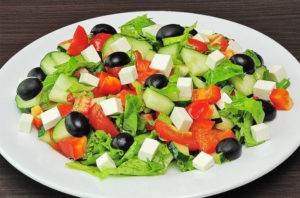
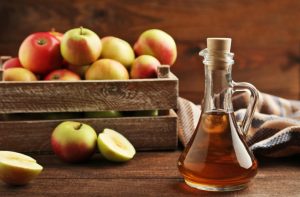
Leave a Reply